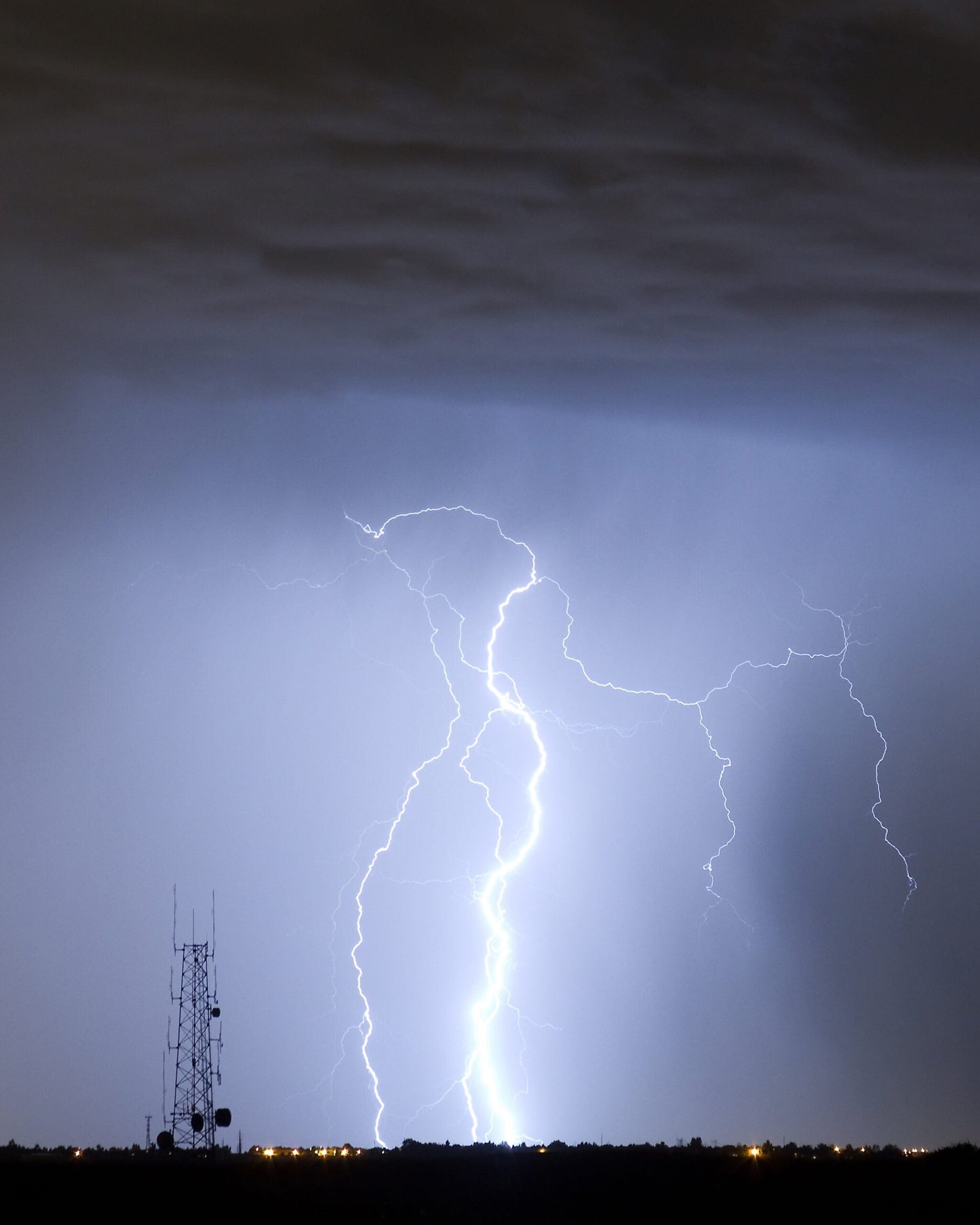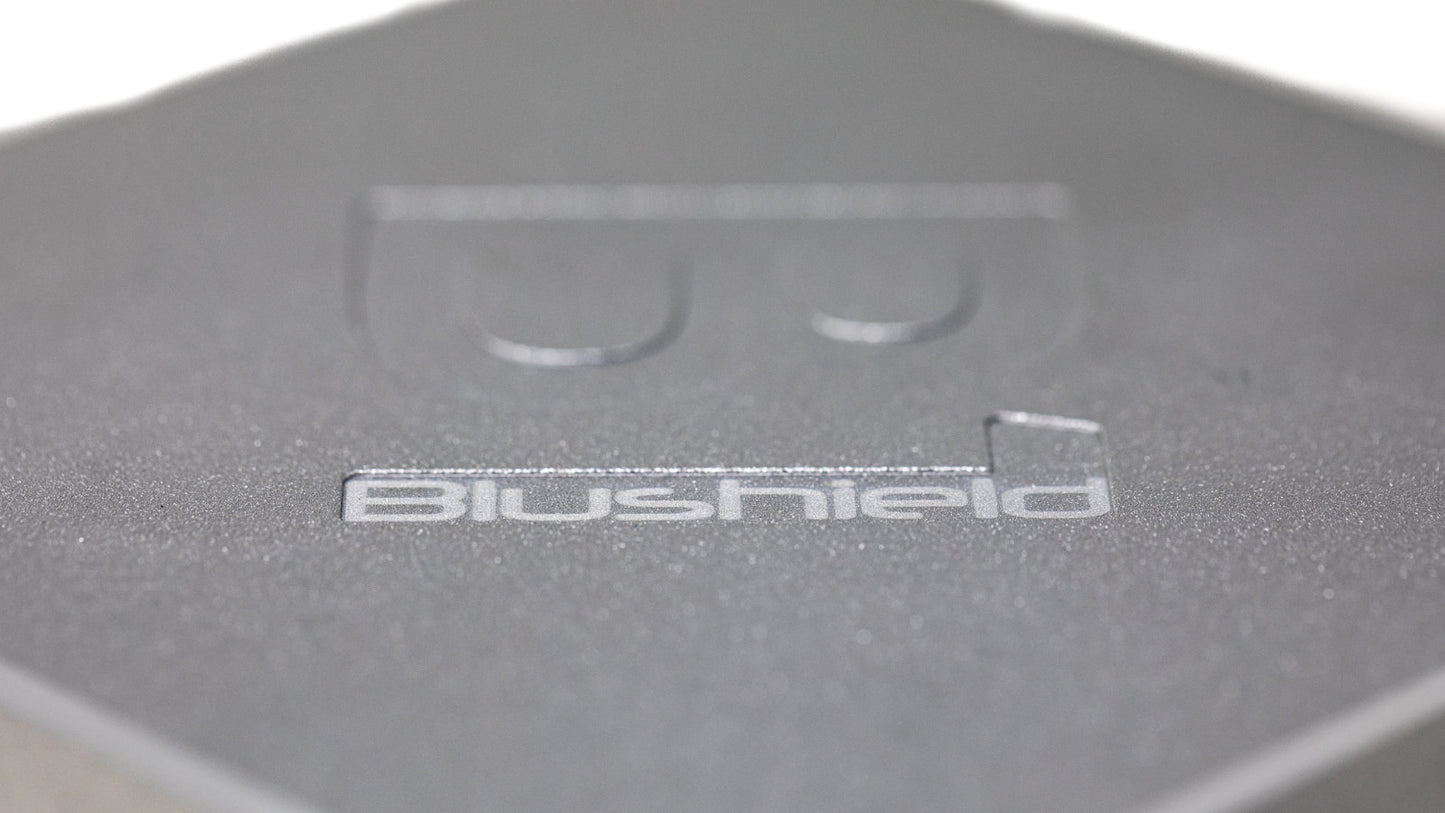
Policymakers are now acknowledging the concerns of these experts and government agencies, and calling for more testing before mass rollouts happen. In a press release from Sen. Ron Wyden's (D-Ore) office in May of this year, the following statement was issued:
“U.S. Sens. Ron Wyden, D-Ore., and Maria Cantwell, D-Wash., the top Democrat on the Senate Commerce Committee, yesterday warned that an ongoing sale of wireless airwaves could damage the effectiveness of U.S. weather satellites and harm forecasts and predictions relied on to protect safety, property and national security. They also released an internal U.S. Navy memo that concluded that reducing the accuracy of weather forecasts could threaten the safety of aircraft and naval vessels, and reduce military awareness of battlefield conditions. Wyden and Cantwell urged the Trump administration not to allow wireless companies to operate fifth generation (5G) communications on 24 GHz spectrum until concerns over interference with weather forecasting satellites are addressed.”
Why 5G may affect weather sensors
The reason for concern is because 5G operates in the 24-25 GHz band, and water vapor emits radiation in the 23.6-24 GHz band. NASA and NOAA scientists are concerned that the weather forecasting equipment won’t be able to detect the faint signals that water vapor emits if the 5G transmissions are interfering at such a close frequency. This "would result in roughly a 77 percent data loss from our passive microwave samples," reducing accuracy to levels not seen since about 1980, NOAA Assistant Secretary Neil Jacobs told members of Congress in a House hearing on May 16. For hurricane forecasts, this would reduce forecast lead times "by roughly two to three days," Jacobs said.
FCC rules allow out-of-band emissions of -20dB, a level that NASA and NOAA say is too high. NOAA's data indicates that an out-of-band emission level of about -50dB instead of -20dB would solve the problem, "result[ing] in roughly zero data loss," Jacobs told lawmakers.
FCC chairman claims concerns are based on bad data, proceeds with auction
FCC Chairman Ajit Pai dismisses these concerns, stating that the data provided by NASA and NOAA is “fundamentally flawed.” "For example, it ignores the fact that 5G will involve beamforming, essentially adaptive antenna arrays that will more precisely send 5G signals – sort of a rifle shot, if you will, instead of a shotgun blast of 5G spectrum,” Pai elaborates.
Pai also criticizes the agencies for raising concerns “at the 11thhour.”
"Over the last two and a half years we've patiently waited for a validated study to suggest that our proposed [emission] limit is inappropriate. We've never gotten such a validated study," he protests. Requiring lower-power emissions in 24 GHz spectrum could make the airwaves "unusable for 5G domestically."
In the midst of this unresolved controversy, the FCC went ahead and began auctioning off airwave licenses in the 24-25 GHz bands. Buyers so far include AT&T, T-Mobile, Verizon, US Cellular, and Starry.
Conclusion
Although it hasn’t been conclusively determined whether these multiple government agencies’ concerns about the effects of 5G on weather forecasts and predictions is truly something to worry about, and if this will become a serious enough matter to halt the mass 5G rollout to perform more thorough testing, this is certainly an issue to stay informed about.During these uncertain times when the dangers of EMF’s, including 5G, on human biology have been scientifically proven, give your mind and body a significant advantage by utilizing the protection of Blushield technology.
References:
Forbes.com: “Why Meteorologists Worry 5G Networks Could Degrade Weather Forecasts” - https://www.forbes.com/sites/marshallshepherd/2019/05/15/why-meteorologists-worry-5g-networks-could-degrade-weather-forecastsArs Technica: “5G likely to mess with weather forecasts, but FCC auctions spectrum anyway” - https://arstechnica.com/tech-policy/2019/05/5g-networks-will-likely-interfere-with-us-weather-satellites-navy-warns/
Ars Technica: “Ajit Pai says NOAA and NASA are wrong about 5G harming weather forecasts” - https://arstechnica.com/tech-policy/2019/06/ajit-pai-says-noaa-and-nasa-are-wrong-about-5g-harming-weather-forecasts/
Ars Technica: “For 5G, AT&T and T-Mobile buy $1.8 billion worth of 24GHz spectrum across US” - https://arstechnica.com/information-technology/2019/06/for-5g-att-and-t-mobile-buy-1-8-billion-worth-of-24ghz-spectrum-across-us/
U.S. Senate press release: “Wyden and Cantwell to FCC: Don’t Ignore NASA, NOAA & Navy Concerns on 5G Auction” - https://www.wyden.senate.gov/news/press-releases/wyden-and-cantwell-to-fcc-dont-ignore-nasa-noaa-and-navy-concerns-on-5g-auction
U.S. Navy memo: “Operational impacts from potential loss of NOAA/NASA METOC satellite data resulting from the FCC spectrum auction for 5G” - https://www.wyden.senate.gov/imo/media/doc/Navy%2024Hz%205G%20Spectrum%20Impacts.pdf
U.S. Senate letter to FCC chairman Ajit Pai - https://www.wyden.senate.gov/imo/media/doc/05132019%20FINAL%20Wyden%20Cantwell%20Letter%20to%20FCC%20re%205G%2024%20GHz%20Spectrum.pdf
FCC auction of 24Ghz band - https://www.fcc.gov/auction/102
Nature.com: “Global 5G wireless networks threaten weather forecasts” - https://www.nature.com/articles/d41586-019-01305-4

